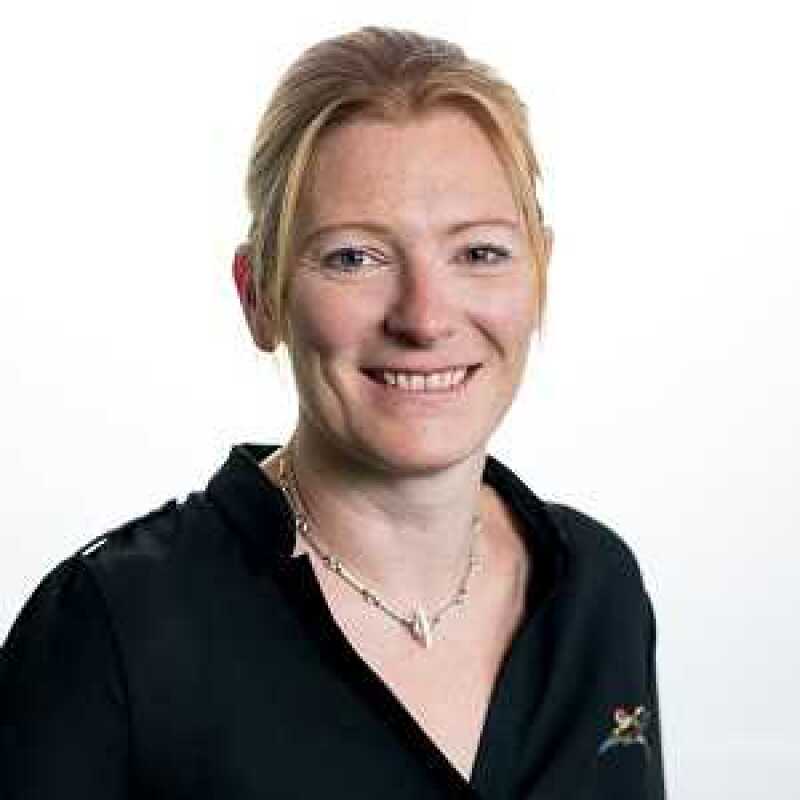
Sitting with Kennedy in the surreal business-meeting surroundings of the Ministry of Sound in London, the speakers booming downstairs would normally be something that does not suit the tone of a corporate gathering between a telco and its partners, however, this occasion is different. There are celebrations taking place.
Two years after the re-setting of TalkTalk, the fundamentals of the business are much stronger. It has grown its customer base in a disciplined way and accelerated fibre take-up all while reducing costs. In its latest financial results for 2018 to 2019, revenue has grown by 17% and an increased headline EBITDA stands at £237 million.
Kennedy tells me that TalkTalk Group’s progress is being supported well by its Business division, which is split into partner and direct teams, and the one she leads — carrier services, which provides connectivity to the UK and is an alternative to BT Wholesale.
“BT Wholesale is historically the incumbent but not many people know that we’ve unbundled more exchanges than them,” says Kennedy. “Where we differ from others in the market, not just BT Wholesale, is that we are very commercially flexible. We are a lot leaner with regards to colleagues and a lot more agile, so we can respond to our customers’ needs quickly. In all our customer satisfaction scores we rank very, very high on trust and accountability.”
But it seems as though the good results are on the cusp of getting even better as Kennedy says that the group is yet to complete its access network transformation (ANT) programme, an upgrade to TalkTalk’s next-generation network that makes it “fit for the future”.
ANT is addressing capacity and scalability issues in the access and metro network. It will do this by deploying new next-generation edge devices, and revising the topology and architecture for both optimised traffic management and improved resilience.
“Through the ANT upgrade we’re able to provide much higher bandwidth, as well as speeds of 10Gbps and 100Gbps,” states Kennedy. “Our network is very resilient and to ensure it continues to be in the future, we’re also investing in this area of performance.”
But is this enough to keep it competitive against the likes of BT, the largest provider of fixed-line, broadband and mobile services in the UK? After asking Kennedy what else she feels is keeping the company’s connectivity strong with its customers, she tells me that Fibre Nation — TalkTalk’s wholesale full-fibre network, is growing.
TalkTalk’s full-fibre strategy, announced in November 2018, is building a new broadband network for Britain through its company FibreNation, which will roll out faster, more reliable broadband.
“We’re staying ahead of the curve with FibreNation, which we’ve already rolled out in York,” explains Kennedy. “FibreNation will be rolling out full fibre in Harrogate, Ripon and Knaresborough next and we will continue to deploy in more small towns and cities with the ambition of reaching three million homes and businesses across the UK.”
Kennedy joined TalkTalk Business in 2011, having previously been with Irish telco Eir as its UK wholesale manager, so, with that in mind, I find it appropriate to ask her if anything has shocked her during her telecoms career.
“Nothing has shocked me about the telecoms industry,” she says, smiling. “I genuinely love it. I’m also passionate about the carrier industry and its community. I love the fact that we all share ideas and work together, all while being in competition with each other. “However, I would have thought that we would have higher bandwidth quicker than what we have. One gigabit is only just becoming the norm and I would have thought that would have happened maybe four or five years ago, but then that’s all to do with the price and what the consumer demands.”
But has the telecom industry presented any other barriers that are perhaps more personal for Kennedy? Venturing into the discussion, I feel I already know the answer as a majority of TalkTalk’s upper management summit speakers are women.
“TalkTalk has brilliant representation in terms of women, many of our leaders are women including our CEO and MD of TalkTalk Business,” replies Kennedy. “There is room for improvement, and I think the industry can and should do more to improve representation. Circumstances don’t always allow women to fulfil their career potential in telecoms because it can be difficult to navigate. This is especially apparent if you’re working in the international market or even the national market as there’s a lot of travel involved.
“I’m also passionate about the inclusion of children who have special needs. We’ve supported Ambitious about Autism since 2006 and raised nearly £4 million the charity. Joint fundraising events have helped Ambitious about Autism to make the ordinary possible for young people with autism.”
With that, the music dies down and the meeting concludes as Kennedy takes the signal of another discussion taking place downstairs as a cue for her next meeting. TalkTalk’s strategy is clear, grow through increasing connectivity and reliable service; but Kennedy makes another great point: “breaking down the industry’s non-technological barriers for those that are eager to be included benefits everyone”.
Read a blog post by Kennedy on her views of ITW 2019.
View this executive interview as a digital page in the June/July edition of Capacity magazine and see what other great articles you may have missed out on!





